Q&A SESSION ON VACCINE SAFETY
입력 2021.02.09 (15:08)
수정 2021.02.09 (16:45)
읽어주기 기능은 크롬기반의
브라우저에서만 사용하실 수 있습니다.
[Anchor Lead]
COVID-19 vaccinations are scheduled to begin after the Lunar New Year holiday. Health authorities held its first public Q&A session to ease concerns over the safety and efficacy of vaccines.
[Pkg]
The first question, as expected, was about vaccine safety. Authorities say it's only natural to feel uneasy about a vaccine that was so rapidly developed.
[Soundbite] Jeong Oh-jin(KDCA Public Affairs Team) : "The development period of COVID-19 vaccines is known to have been much shorter."
[Soundbite] Choi Won-suk(Prof., Korea Univ. Ansan Hospital) : "The short period doesn't mean clinical trial procedures were omitted. Uncertainties did exist in the early stage but they are gradually subsiding. The data so far suggests getting vaccinated is far more beneficial."
Another key concern was whether the vaccines would still be effective against new contagious coronavirus variants .
[Soundbite] Nam Jae-hwan(Prof., Catholic University) : "Most of the currently developed vaccines appear to offer sufficient protection for the UK variant but less protection against the South African one."
Officials say it's still best to get a shot because it prevents the aggravation of symptoms for those already infected.
[Soundbite] Nam Jae-hwan(Prof., Catholic University) : "Current vaccines are believed to prevent symptoms from aggravating by a considerable degree. Therefore they will at least protect people from getting sick from a virus attack."
However returning to normal life immediately after vaccination could be a risky move.
[Soundbite] Nam Jae-hwan(Prof., Catholic University) : "No that's not advised. After vaccination, people must remain vigilant for at least 2 weeks."
Another question is when herd immunity will occurr in order for the public to return to normalcy.
[Soundbite] Jung Eun-kyeong(KDCA Director) : "Herd immunity is possible when over 70% of the population are inoculated. Also antibodies can form after both doses, so our goal is to achieve herd immunity by November."
Authorities said they will review the possibility of also introducing Russian vaccines amid the growing need to secure more doses against the risk of new variants. But they stressed that no plans have been carried out yet.
COVID-19 vaccinations are scheduled to begin after the Lunar New Year holiday. Health authorities held its first public Q&A session to ease concerns over the safety and efficacy of vaccines.
[Pkg]
The first question, as expected, was about vaccine safety. Authorities say it's only natural to feel uneasy about a vaccine that was so rapidly developed.
[Soundbite] Jeong Oh-jin(KDCA Public Affairs Team) : "The development period of COVID-19 vaccines is known to have been much shorter."
[Soundbite] Choi Won-suk(Prof., Korea Univ. Ansan Hospital) : "The short period doesn't mean clinical trial procedures were omitted. Uncertainties did exist in the early stage but they are gradually subsiding. The data so far suggests getting vaccinated is far more beneficial."
Another key concern was whether the vaccines would still be effective against new contagious coronavirus variants .
[Soundbite] Nam Jae-hwan(Prof., Catholic University) : "Most of the currently developed vaccines appear to offer sufficient protection for the UK variant but less protection against the South African one."
Officials say it's still best to get a shot because it prevents the aggravation of symptoms for those already infected.
[Soundbite] Nam Jae-hwan(Prof., Catholic University) : "Current vaccines are believed to prevent symptoms from aggravating by a considerable degree. Therefore they will at least protect people from getting sick from a virus attack."
However returning to normal life immediately after vaccination could be a risky move.
[Soundbite] Nam Jae-hwan(Prof., Catholic University) : "No that's not advised. After vaccination, people must remain vigilant for at least 2 weeks."
Another question is when herd immunity will occurr in order for the public to return to normalcy.
[Soundbite] Jung Eun-kyeong(KDCA Director) : "Herd immunity is possible when over 70% of the population are inoculated. Also antibodies can form after both doses, so our goal is to achieve herd immunity by November."
Authorities said they will review the possibility of also introducing Russian vaccines amid the growing need to secure more doses against the risk of new variants. But they stressed that no plans have been carried out yet.
■ 제보하기
▷ 카카오톡 : 'KBS제보' 검색, 채널 추가
▷ 전화 : 02-781-1234, 4444
▷ 이메일 : kbs1234@kbs.co.kr
▷ 유튜브, 네이버, 카카오에서도 KBS뉴스를 구독해주세요!
- Q&A SESSION ON VACCINE SAFETY
-
- 입력 2021-02-09 15:08:38
- 수정2021-02-09 16:45:50
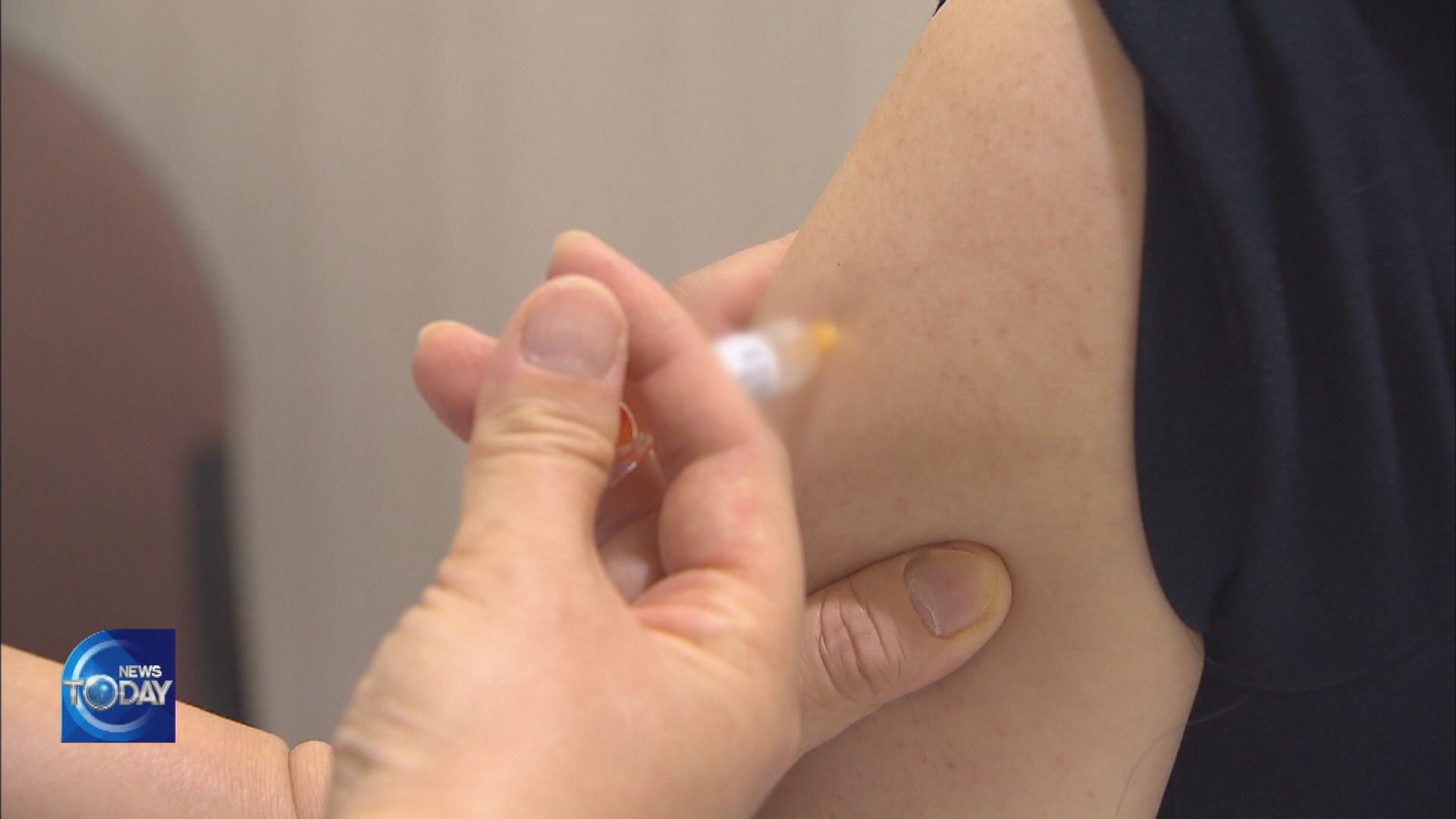
[Anchor Lead]
COVID-19 vaccinations are scheduled to begin after the Lunar New Year holiday. Health authorities held its first public Q&A session to ease concerns over the safety and efficacy of vaccines.
[Pkg]
The first question, as expected, was about vaccine safety. Authorities say it's only natural to feel uneasy about a vaccine that was so rapidly developed.
[Soundbite] Jeong Oh-jin(KDCA Public Affairs Team) : "The development period of COVID-19 vaccines is known to have been much shorter."
[Soundbite] Choi Won-suk(Prof., Korea Univ. Ansan Hospital) : "The short period doesn't mean clinical trial procedures were omitted. Uncertainties did exist in the early stage but they are gradually subsiding. The data so far suggests getting vaccinated is far more beneficial."
Another key concern was whether the vaccines would still be effective against new contagious coronavirus variants .
[Soundbite] Nam Jae-hwan(Prof., Catholic University) : "Most of the currently developed vaccines appear to offer sufficient protection for the UK variant but less protection against the South African one."
Officials say it's still best to get a shot because it prevents the aggravation of symptoms for those already infected.
[Soundbite] Nam Jae-hwan(Prof., Catholic University) : "Current vaccines are believed to prevent symptoms from aggravating by a considerable degree. Therefore they will at least protect people from getting sick from a virus attack."
However returning to normal life immediately after vaccination could be a risky move.
[Soundbite] Nam Jae-hwan(Prof., Catholic University) : "No that's not advised. After vaccination, people must remain vigilant for at least 2 weeks."
Another question is when herd immunity will occurr in order for the public to return to normalcy.
[Soundbite] Jung Eun-kyeong(KDCA Director) : "Herd immunity is possible when over 70% of the population are inoculated. Also antibodies can form after both doses, so our goal is to achieve herd immunity by November."
Authorities said they will review the possibility of also introducing Russian vaccines amid the growing need to secure more doses against the risk of new variants. But they stressed that no plans have been carried out yet.
COVID-19 vaccinations are scheduled to begin after the Lunar New Year holiday. Health authorities held its first public Q&A session to ease concerns over the safety and efficacy of vaccines.
[Pkg]
The first question, as expected, was about vaccine safety. Authorities say it's only natural to feel uneasy about a vaccine that was so rapidly developed.
[Soundbite] Jeong Oh-jin(KDCA Public Affairs Team) : "The development period of COVID-19 vaccines is known to have been much shorter."
[Soundbite] Choi Won-suk(Prof., Korea Univ. Ansan Hospital) : "The short period doesn't mean clinical trial procedures were omitted. Uncertainties did exist in the early stage but they are gradually subsiding. The data so far suggests getting vaccinated is far more beneficial."
Another key concern was whether the vaccines would still be effective against new contagious coronavirus variants .
[Soundbite] Nam Jae-hwan(Prof., Catholic University) : "Most of the currently developed vaccines appear to offer sufficient protection for the UK variant but less protection against the South African one."
Officials say it's still best to get a shot because it prevents the aggravation of symptoms for those already infected.
[Soundbite] Nam Jae-hwan(Prof., Catholic University) : "Current vaccines are believed to prevent symptoms from aggravating by a considerable degree. Therefore they will at least protect people from getting sick from a virus attack."
However returning to normal life immediately after vaccination could be a risky move.
[Soundbite] Nam Jae-hwan(Prof., Catholic University) : "No that's not advised. After vaccination, people must remain vigilant for at least 2 weeks."
Another question is when herd immunity will occurr in order for the public to return to normalcy.
[Soundbite] Jung Eun-kyeong(KDCA Director) : "Herd immunity is possible when over 70% of the population are inoculated. Also antibodies can form after both doses, so our goal is to achieve herd immunity by November."
Authorities said they will review the possibility of also introducing Russian vaccines amid the growing need to secure more doses against the risk of new variants. But they stressed that no plans have been carried out yet.
이 기사가 좋으셨다면
-
좋아요
0
-
응원해요
0
-
후속 원해요
0










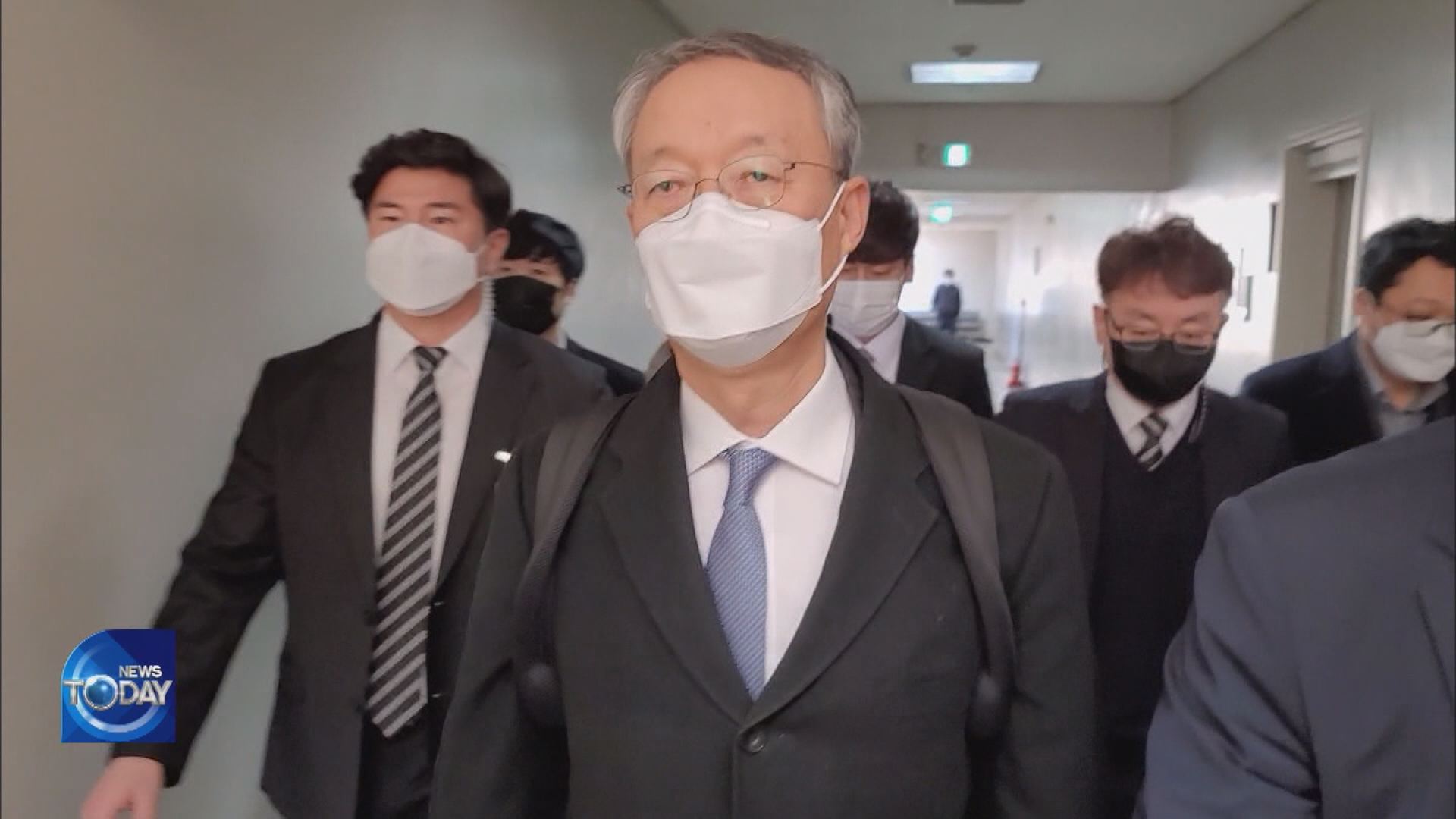
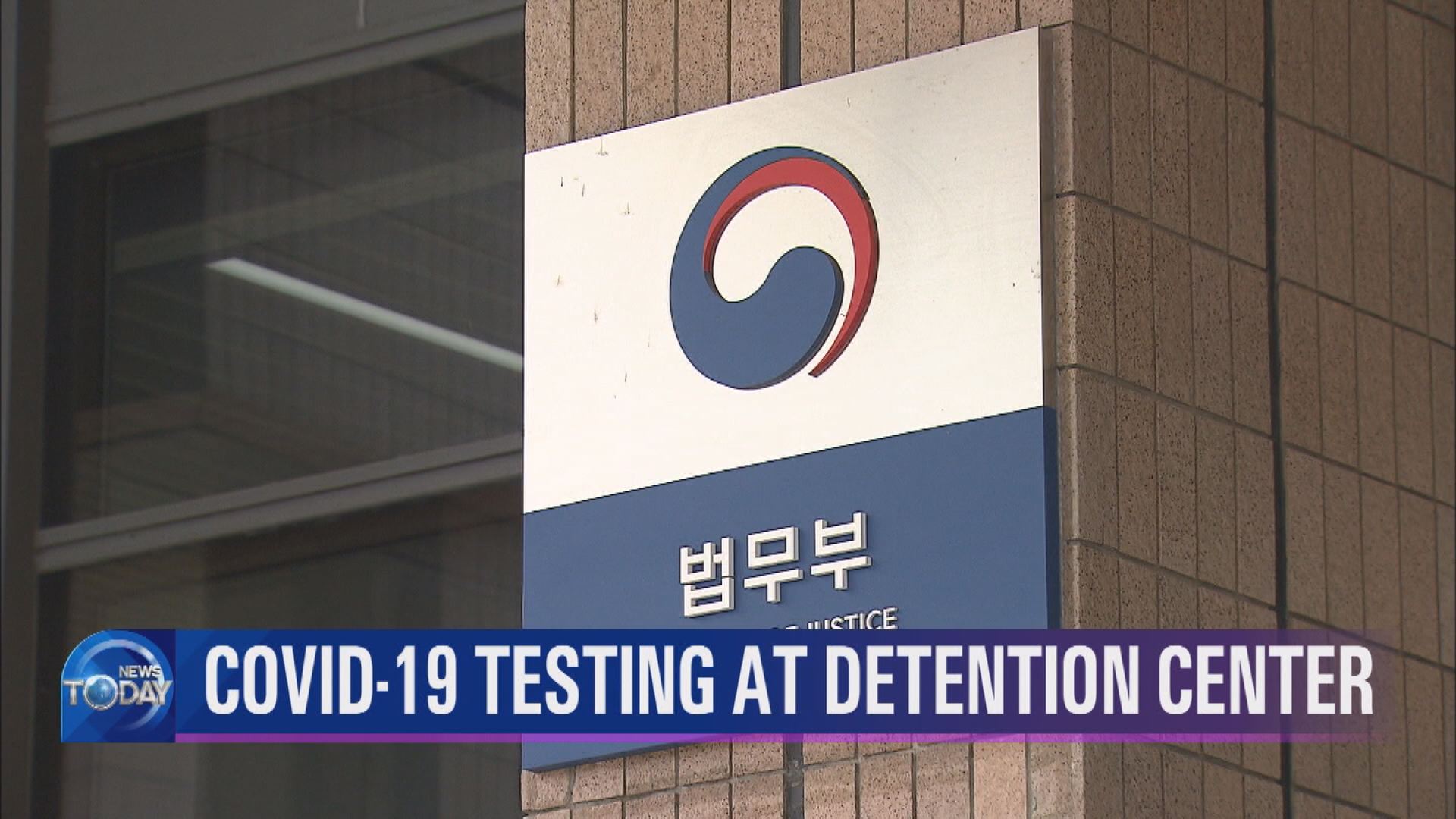
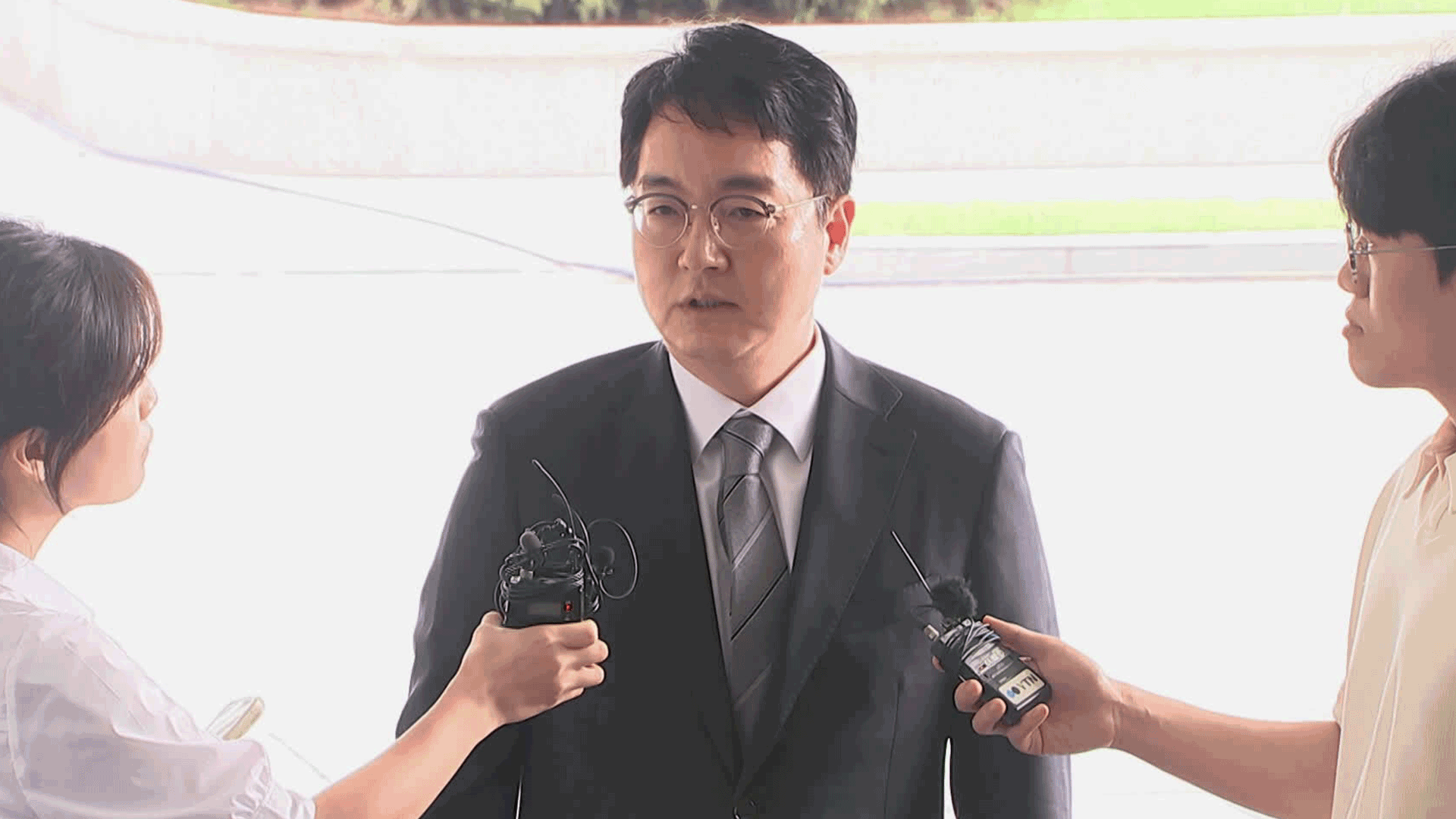
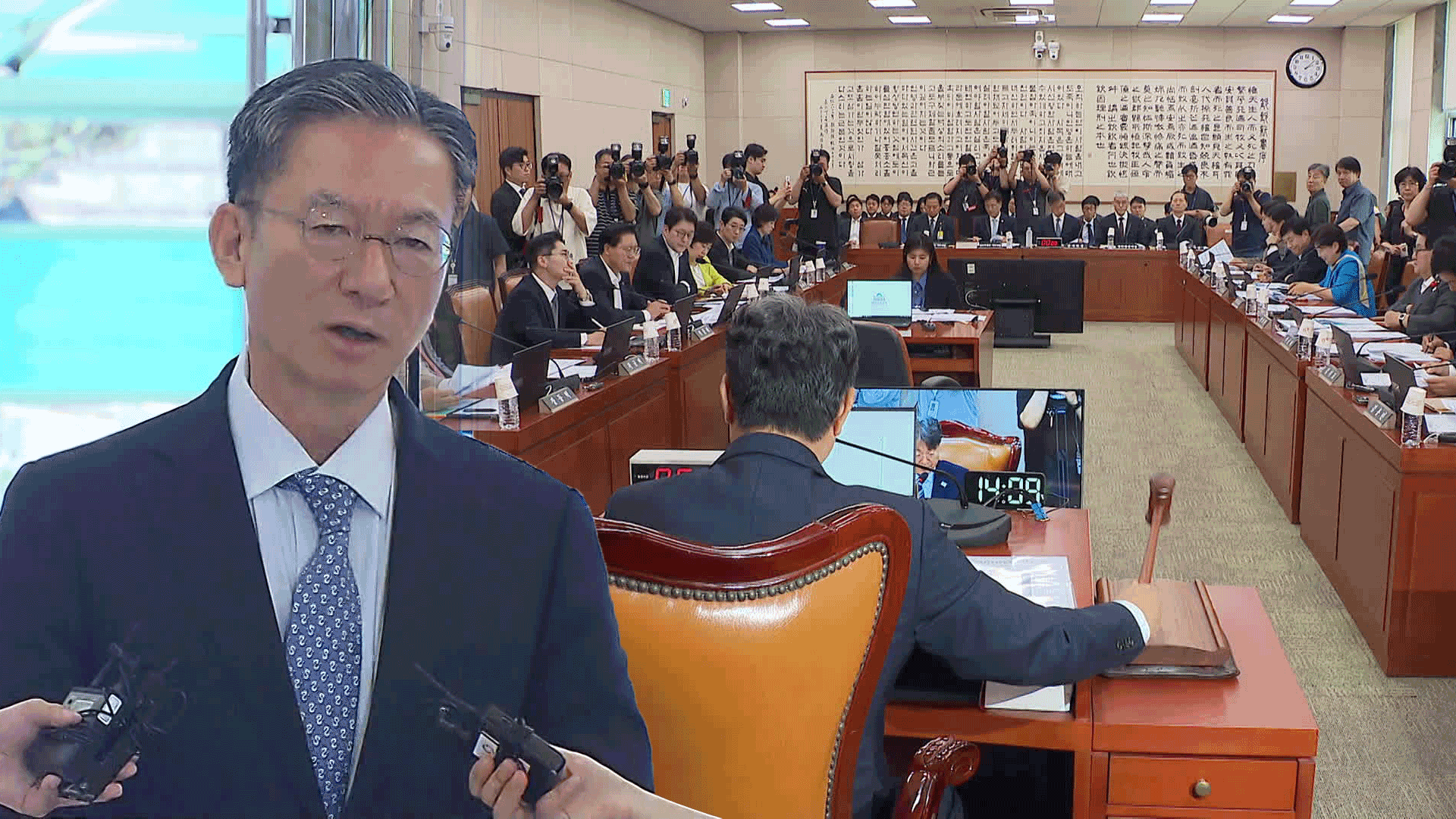
![[단독] 골프연습장 아니라더니<br>…‘한남동 골프연습장’ 도면 입수](/data/news/2025/07/01/20250701_Uh8Jnu.png)
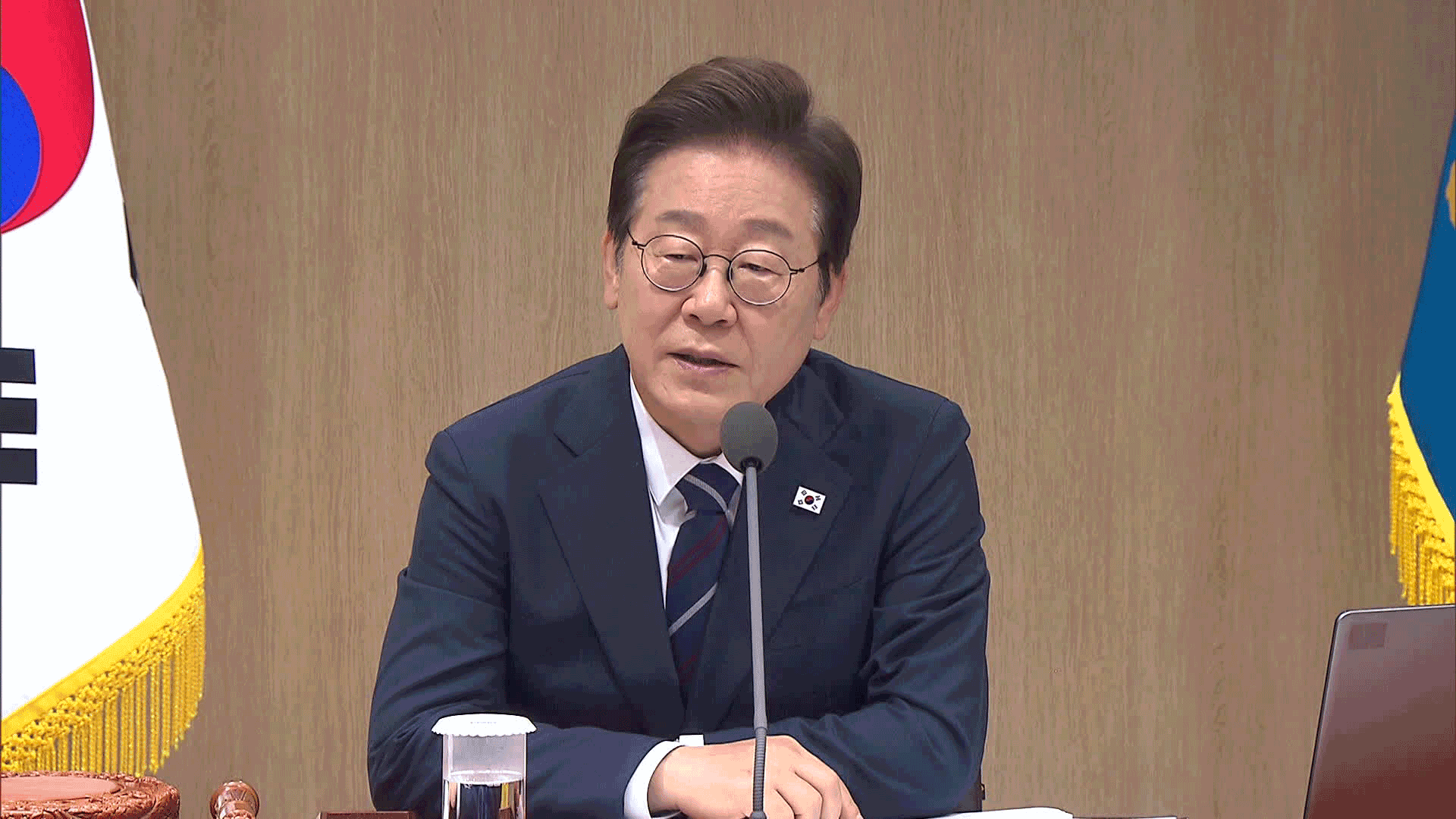

이 기사에 대한 의견을 남겨주세요.